The Greatest Wealth Is Found When We Gather Together
When people ask for my personal secret to living a life that is authentically happy and liberating, the first thing that comes to mind are my friends. I’ve known for a long time that I am a wealthy and blessed person. The wealth that I’m referring to has nothing to do with my bank account balance. The wealth that I’m talking about are the meaningful connections that have sustained me over the years. What I lacked in familial bonds, the divine provided in long-term platonic relationships.
One of the clearest indicators of someone who is flourishing is their ability to build and keep meaningful connections and quality relationships. When designing a life that supports your becoming the most fully expressed version of yourself, the people who are closest to you can either support or hinder your progress. This is why I’m adamant about being intentional about my connections.
My “Presidential Cabinet,” which is basically what I call my trusted circle of friends, is filled with some amazing folks. I’m forever grateful for my community of friends that became family, strangers that became mentors, and colleagues that became accountability partners.
In the chapter “What About Your Friends?” from my book, Evolving While Black, I share with you that people who have strong relationships feel the support of family, friends, and others in their community. When you know you have a village of folks you can count on, it improves your ability to recover from stress, anxiety, and depression.
An agreement I made with myself in my early thirties was to commit to choosing connection and community over isolation. This decision is the gift that keeps on giving. The investment you make in choosing your connections is the greatest pathway to wholeness, prosperity, and longevity.
What you should consider as you’re continuing to build out your own Presidential Cabinet
Your connections should include people who:
- Energize you and help you to create a life of ease
- Encourage you to make your mental and emotional well-being a priority
- Consider you for opportunities when you’re not in the room
- Show mutual support and respect
Now that you know what to consider, use these prompts to create a plan
- Who’s in your Presidential Cabinet, and how do they support you?
- Who do you need to add, and how will they support your journey?
- If you change nothing, what will your life look like three months from now? How does this make you feel?
My hope for you is that you attract meaningful connections that bring you joy and make your heart smile, laughs that make your cheeks hurt, and love that covers you like a warm blanket. You deserve to feel loved, supported, and cared for.
Until we meet again.
Currently evolving,
Chianti
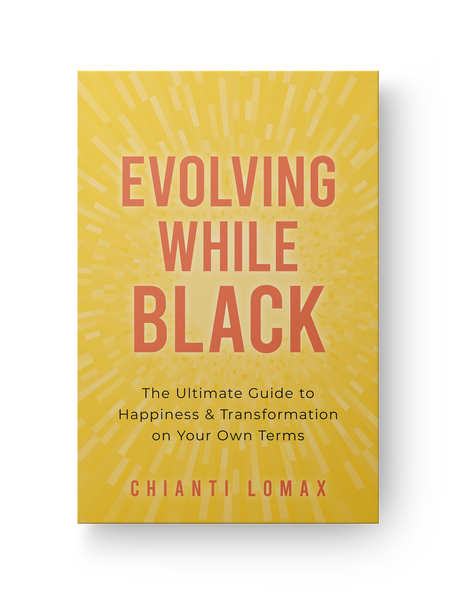
Evolving While Black
Amazon | Barnes & Noble | Bookshop | Sounds True
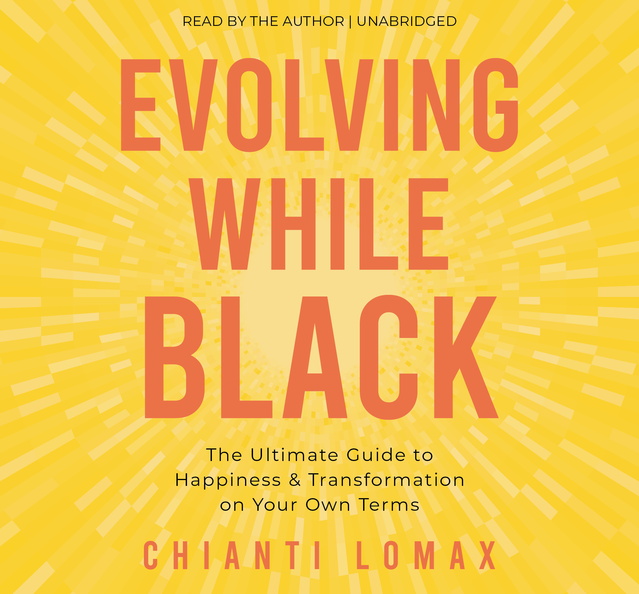
Evolving While Black
Sounds True
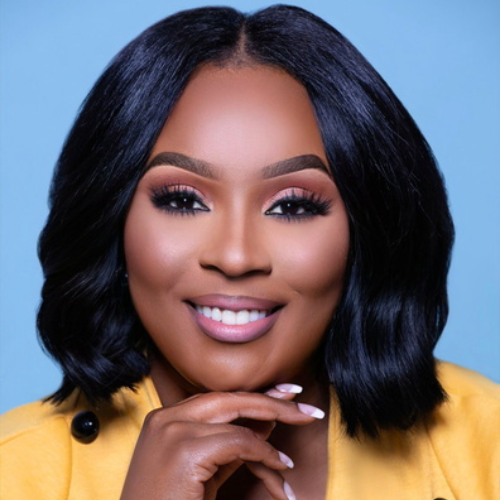
Chianti Lomax is a sought-after international speaker, certified mindset coach, and leadership trainer who thrives at the intersection of mindfulness, technology, and transformative coaching. As a registered yoga instructor, certified personal and executive coach, certified workplace mindfulness facilitator, and positive psychology practitioner, Chianti teaches doable habit changes to help increase our well-being and elevate the overall human experience. For more, visit chiantilomax.com.
Author photo © Ambreia Williams
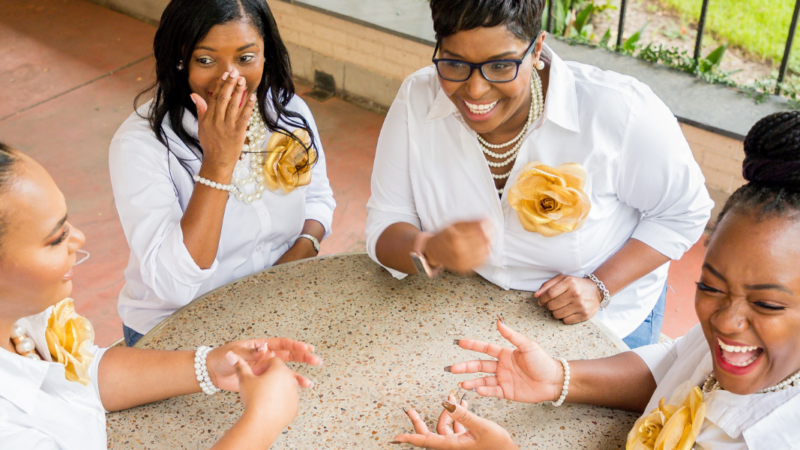
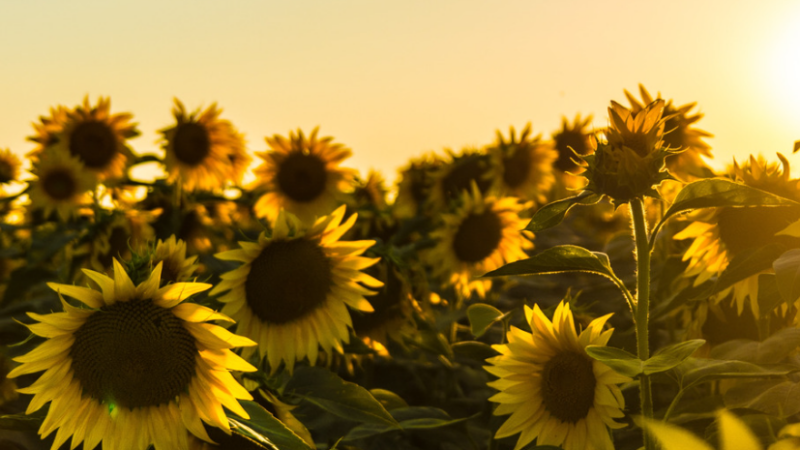

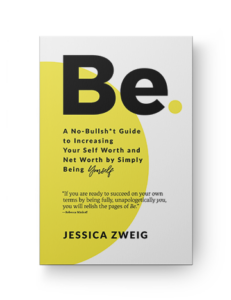
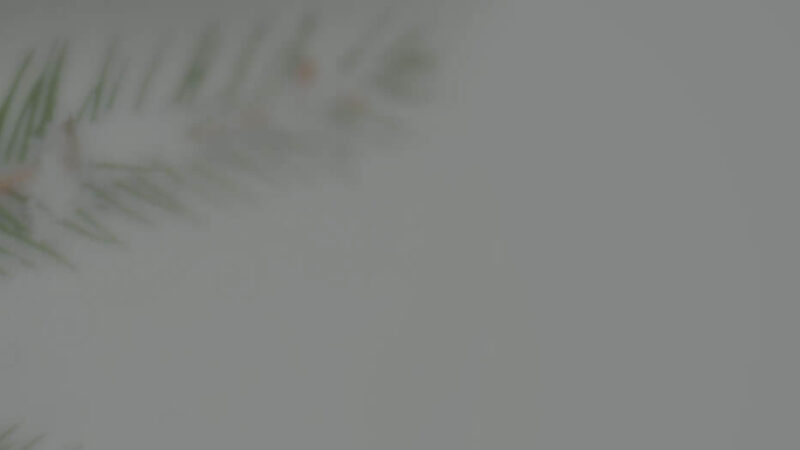
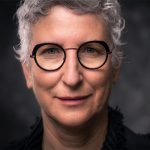 Tami Simon
Tami Simon






 Christopher Willard, Psyd
Christopher Willard, Psyd